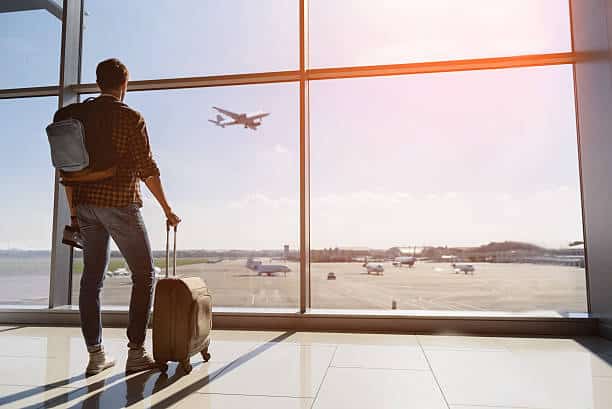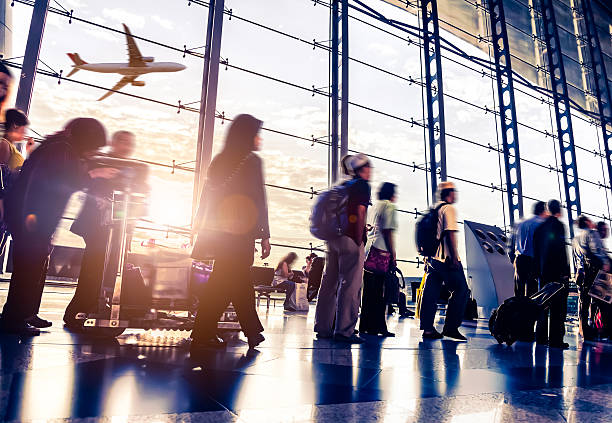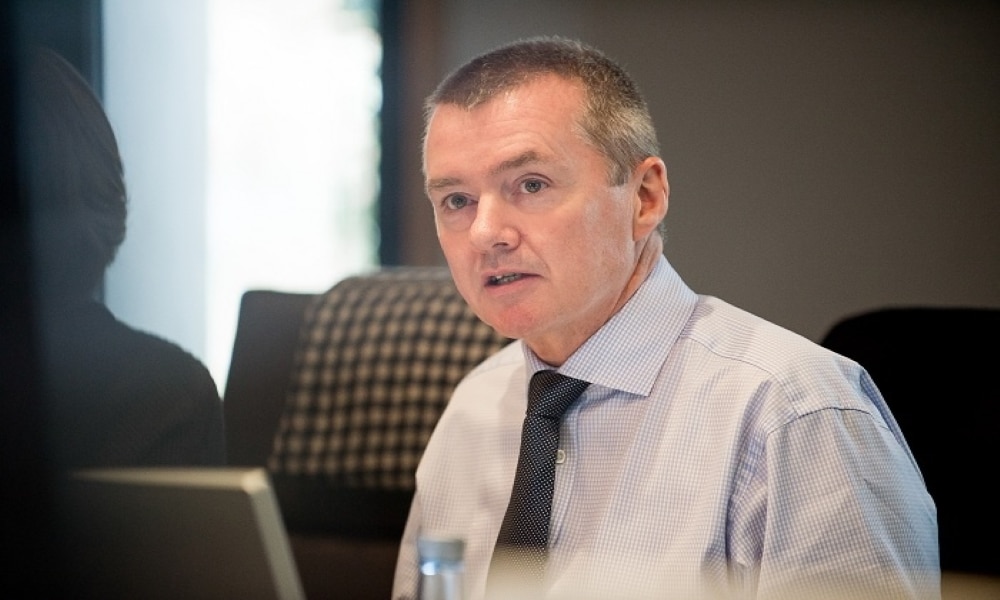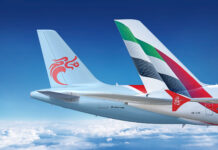
Global air passenger traffic grew by just under 37%, year-on-year, in December; dragging levels back up pre-Covid territory, new figures from the International Air Transport Association (IATA) show.
According to IATA’s stats, December’s passenger numbers were back to 97.5% of the same month just before Covid, in 2019.
Furthermore, on a full-year level, 2023 global air passenger traffic was back up to 94.1% of that seen in 2019.

All international regions saw strong passenger growth – Asia-Pacific posting a whopping 126% year-on-year rise – while both domestic travel and international travel saw strong double-digit percentage growth.
Willie Walsh, IATA’s Director General, said: “The strong post-pandemic rebound continued in 2023. December traffic stood just 2.5% below 2019 levels, with a strong performance in quarter 4, teeing-up airlines for a return to normal growth patterns in 2024. The recovery in travel is good news.

“The restoration of connectivity is powering the global economy as people travel to do business, further their educations, take hard-earned vacations and much more. But to maximize the benefits of air travel in the post-pandemic world, governments need to take a strategic approach. That means providing cost-efficient infrastructure to meet demand, incentivizing Sustainable Aviation Fuel (SAF) production to meet our net zero carbon emission goal by 2050, and adopting regulations that deliver a clear cost-benefit. Completing the recovery must not be an excuse for governments to forget the critical role of aviation to increasing the prosperity and well-being of people and businesses the world over.”
“Our push to connect our world even more strongly than before the pandemic must not come at the expense of our environment. The industry’s goal to reach net zero CO2 emissions by 2050 remains steadfast. To accelerate the transition, we need governments and fuel suppliers to step up and do more. We saw a strong increase in the use of SAF in 2023, but SAF is still only 3% of all global renewable fuels production. That is unacceptable. Aircraft have no option but to rely on liquid fuels, whereas other transport modes have alternatives. A massive collective effort is needed to increase SAF output as a proportion of overall renewable fuel production as quickly as possible,” said Mr Walsh.




